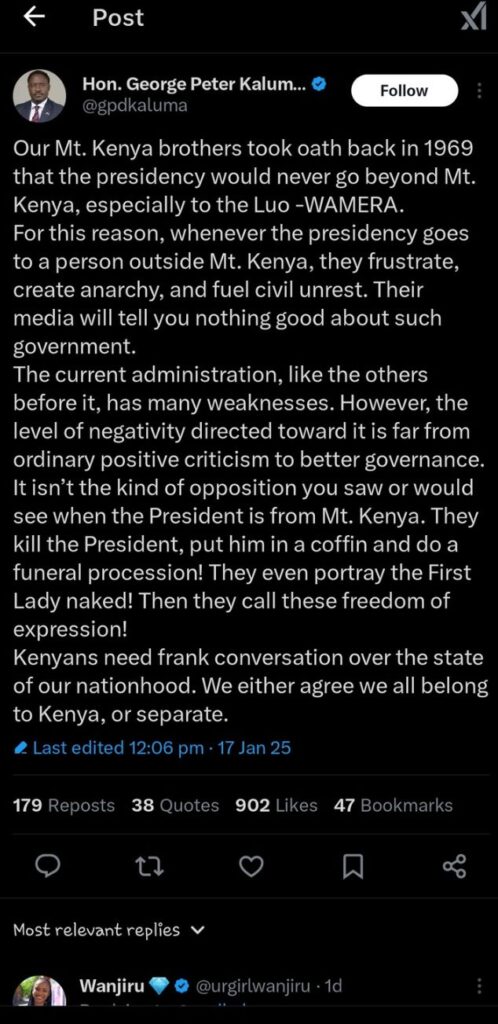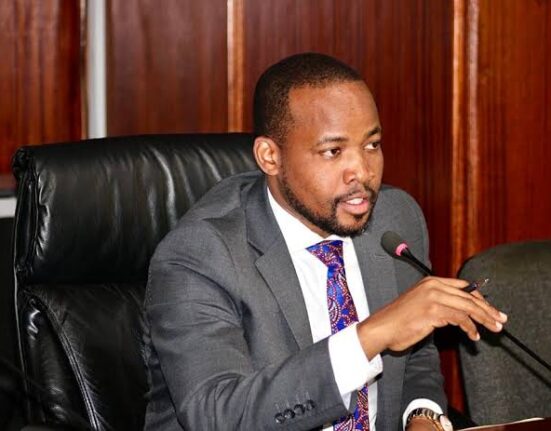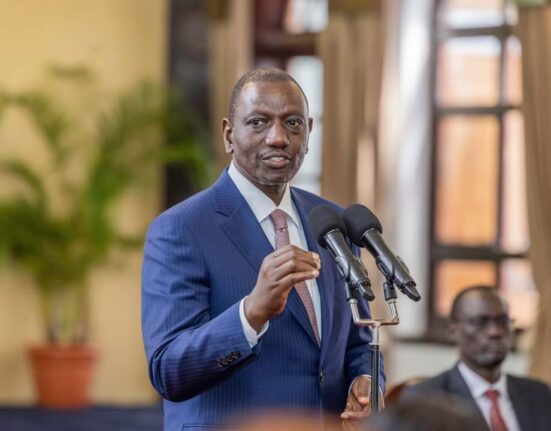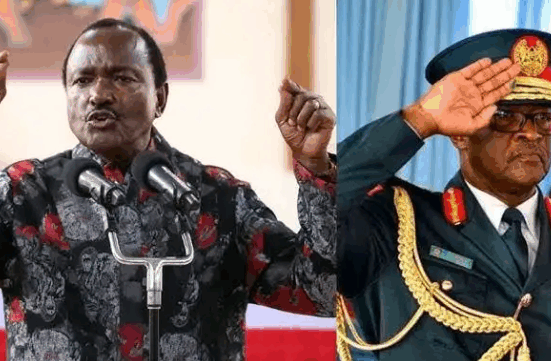Politics has always been shaped by complex changes, with regional alliances playing a key role in determining who holds the highest office in the land.
Recently, Honorable Peter Kaluma, a prominent political figure, made controversial comments regarding the presidency and its impact on national stability.
According to Kaluma, civil unrest tends to arise whenever the presidency is held by someone from outside the Mount Kenya region.

His statements have stirred intense debate across the country.
Kaluma recalled a promise made in 1969, which he claims was made by leaders from the Mount Kenya region.
The promise was that the presidency would never leave the region, symbolizing the strong political influence of this area in Kenya’s leadership.

Kaluma argued that whenever a president hails from outside Mount Kenya, there are consistent signs of political unrest, disruption, and dissatisfaction among certain segments of the population.
The Luo-Wamera leader further pointed out that the media often does not provide favorable coverage of such administrations, which only fuels discontent.
This comment seems to touch on a long-standing issue in Kenya’s politics, where regional biases and media influence can sway public opinion, creating a sense of division.

However, Kaluma’s remarks have been met with strong reactions from various sections of the public.
Many Kenyans have questioned the logic behind such statements, especially those who feel that the government’s current administration, under President William Ruto, was elected with the expectation of positive change.
Some critics pointed out that the same people who supported former President Uhuru Kenyatta, now accusing Ruto of missteps, were initially hopeful that the promises made during campaigns would be fulfilled.
These promises, primarily focused on improving the country’s economy, have not materialized to the extent many had anticipated, leading to frustration among some supporters.
In addition, some critics highlighted that it is not the region of the president that determines the fate of the nation, but rather how effectively the leader serves the people and addresses their concerns.
The dissatisfaction expressed by some Kenyans stems from unmet expectations, which transcend regional politics and focus on governance.
Kaluma’s remarks bring to the forefront the challenges Kenya faces in terms of national unity, political loyalty, and the public’s role in shaping the direction of the country.












Leave feedback about this